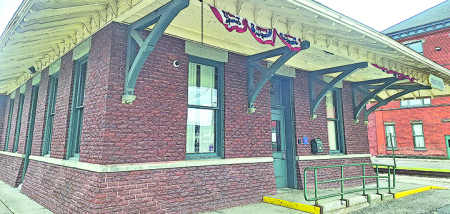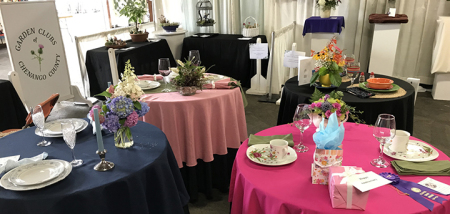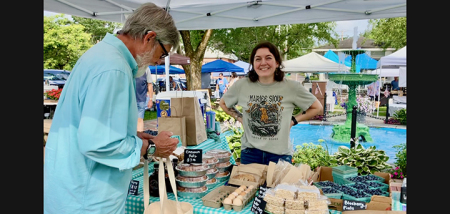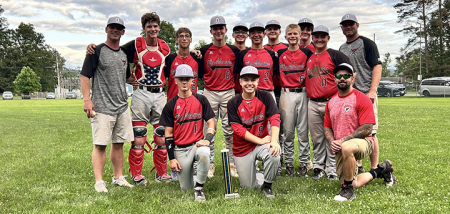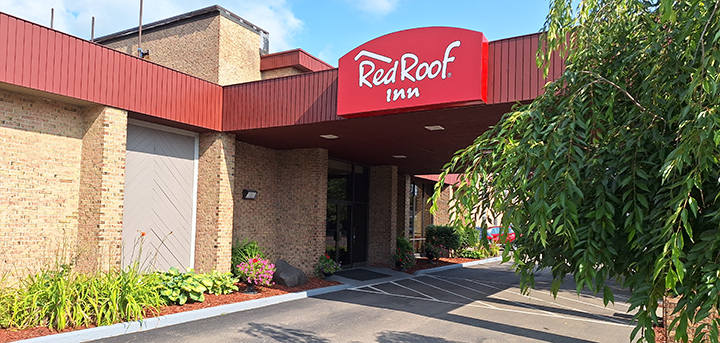Falconry Is Alive And Well In Chenango County
Published:
January 29th, 2014
By:
Josh Sheldon
The world of the falconer is a time-honored tradition that stretches thousands of years into our human past. To be a falconer isn’t a hobby, but a dedicated lifestyle. The benefits received are symbiotic, which is the only way a wild animal will put up with you.
A wild animal you might ask? Yes, Lamoka is a wild bird. Why would a wild bird want to stay with a human? Don’t they avoid people? How is the animal better off with a human host than going at it alone out there? What purpose does being a falconer, provide to the conservation end of the spectrum? How would you train a wild bird? All relevant questions, that most outdoorsmen would ask if they were fortunate enough to meet a falconer.
Lamoka was captured in the wild by Dave Larnerd last September. This was done by using snares and nets specifically designed to catch the birds without harming them. A little known fact is that only first-year birds called passage birds are allowed to be kept and trained. The reason is that birds of prey have around a 70 percent mortality rate in their first year of life. By having a human host for the first couple years, that rate increases to nearly 100 percent. So here’s the silver lining to being a falconer: By helping the juvenile bird out, you are able to help the species as a whole.
Author: Josh Sheldon - More From This Author
Comments
